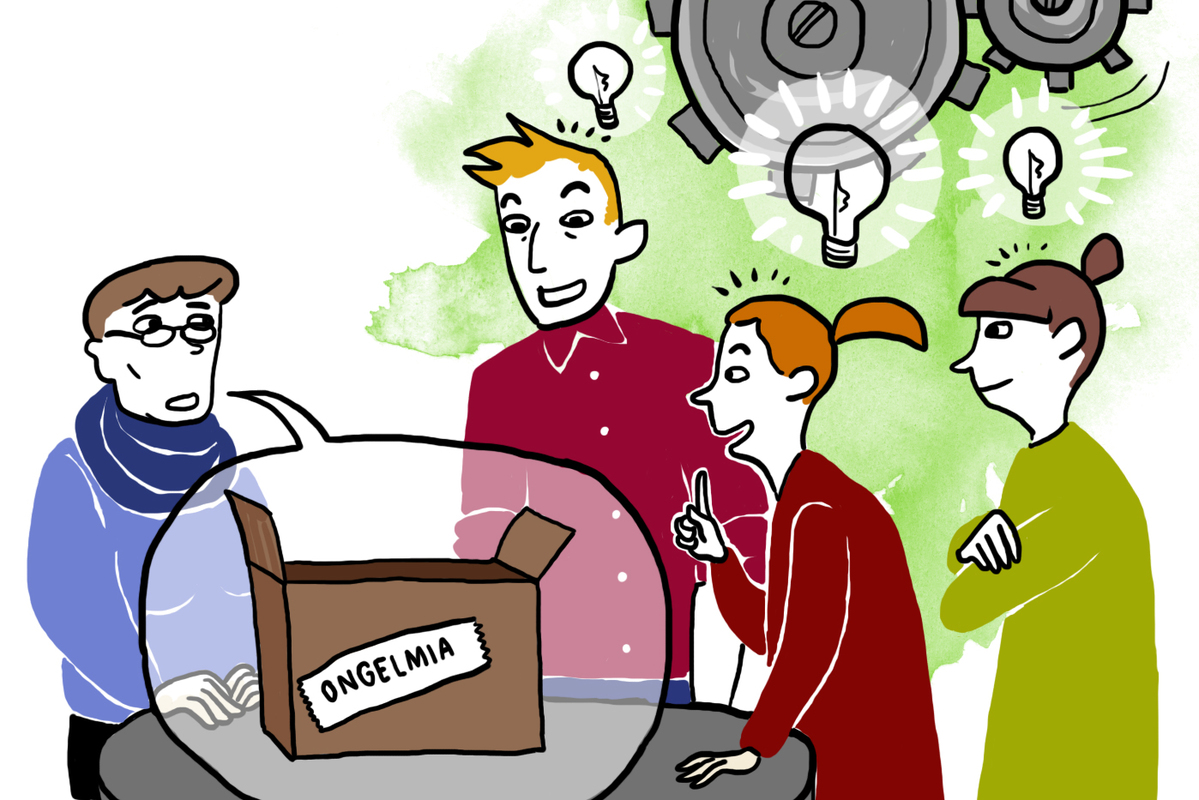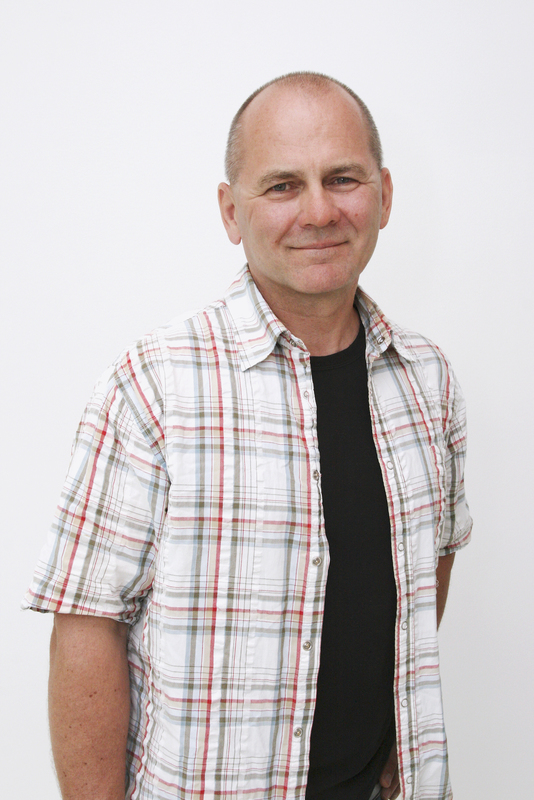The best teachers in the world are autonomous, but not individualists
 Finnish teachers are known as the best in the world. But what makes a good teacher? One characteristic feature is professional autonomy: teachers make decisions on the basis of their own rational thinking and professional ethics. In such cases we can speak about strong, communal autonomy. Teachers' work, including their professional autonomy, is a major research area of the Finnish Institute for Educational Research (FIER). In this area FIER is collaborating with Finnish universities, including also the Universities of Applied Sciences of Finland. FIER is also an internationally recognised centre of teacher education research.
Finnish teachers are known as the best in the world. But what makes a good teacher? One characteristic feature is professional autonomy: teachers make decisions on the basis of their own rational thinking and professional ethics. In such cases we can speak about strong, communal autonomy. Teachers' work, including their professional autonomy, is a major research area of the Finnish Institute for Educational Research (FIER). In this area FIER is collaborating with Finnish universities, including also the Universities of Applied Sciences of Finland. FIER is also an internationally recognised centre of teacher education research.
In some countries, teacher's task is regarded as rather mechanical implementation of the curriculum, just performing the duties assigned from above. In the past, there used to be massive control and surveillance mechanisms for teachers also in Finland. However, the school inspection system was abandoned in the 1980s, and it has not been longed for ever since. Teachers are still highly trusted.
Nonetheless, teacher autonomy can also be misunderstood in many ways. Autonomy may also be seen as a risk, and some have even doubted that teachers might be overly autonomous. This view derives mostly from misinterpretation of the term autonomy, however. We should therefore specify what we actually mean by autonomy.Autonomy does not mean that one could do whatever at will
The word ”autonomy” derives from Ancient Greek words ”auto”, meaning 'self', and ”nomos”, meaning 'law'. In Ancient Greece a city state, or ”polis”, was autonomous if it issued its own laws itself. Smaller villages might instead adopt the laws of a nearby polis. Such villages were referred to by the term "hetero nomos", which means acting according to the laws issued by others.
The etymology of "autonomy" helps us understand why teachers cannot actually be too autonomous. Based on the etymological interpretation of the word, we can see that autonomy is essentially communal: it is not about the preferences of an individual but of a larger group. Autonomy is not for pursuing personal desires or aspirations; it serves broader, greater and jointly constructed purposes.
I call this interpretation as autonomy in the strong sense. Teacher's strong autonomy includes the idea of a jointly constructed understanding about the goals and purposes of education. This means looking for generalizable interests, i.e. a solution that is good for as large a group as possible. Policy-making involves a collective and participatory will-formation that involves as many people as possible.
In contrast, autonomy in the weak sense is looking for benefits to a limited group of people. In extreme cases, autonomy can be interpreted as promotion of selfish interests over public benefit. The promotion of professional interests is not necessarily directed by educational goals and professional ethics but by teachers' needs and quest for better conditions.
Then again, when it comes to an individual's quest for personal goals at the cost of others, it should not be called an autonomous effort at all. Such efforts are rather a token of individualism.
Strong professionalism involves strong autonomy
Strong professionalism in education, rooted in autonomy in the strong sense, is guided by best possible and proven knowledge and broad-based, collective professional ethics. In Finland we have favourable conditions for this type of autonomy. Finnish teachers are trained for independent thinking and ethical agency from the outset. They learn to solve complex educational issues relying on proven knowledge and sound professional ethics. It is this kind of autonomy, in particular, that provides a basis for high-quality education and teaching.
When autonomy is seen this way, teachers are also the best teacher educators for one another. This is a fundamental idea in Peer Group Mentoring (PGM) model which is the most common practice of mentoring new teachers in Finland. In this mentoring model teachers learn by sharing knowledge and searching collaboratively for solutions to ethical dilemmas, which may be rather complex ones in some cases. The ongoing development of PGM involves all universities and vocational teacher education colleges in Finland, and it has also been studied within an international network.
Hannu L.T. Heikkinen
This text is based on an international study conducted at FIER on teacher autonomy. The study examined mentoring and peer-learning practices for teachers in Australia, Finland, Jamaica, Norway, and Sweden.
 Hannu Heikkinen is a teacher who at some point ended up to the university asking himself the question, "Who am I and what do I wish to do with my life?" In other words, he began to do research on teacher's professional identity. This way he became a teacher educator, researcher and professor. But he never stopped being a teacher.
Hannu Heikkinen is a teacher who at some point ended up to the university asking himself the question, "Who am I and what do I wish to do with my life?" In other words, he began to do research on teacher's professional identity. This way he became a teacher educator, researcher and professor. But he never stopped being a teacher.
Heikkinen leads the research area of Education and working life at the Finnish Institute for Educational Research.
Read more:
Verme
Teacher Development research team
Education and the world of work research area
Feedback to the author: hannu.l.t.heikkinen@jyu.fi
Main image: Tussitaikurit, photo of the author: Martti Minkkinen
Translation: Tuomo Suontausta
Previous | Next | To Front Page
Kommentit
Kirjaudu sisään lisätäksesi tähän kommentin